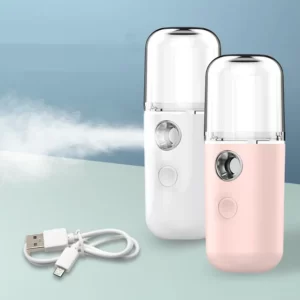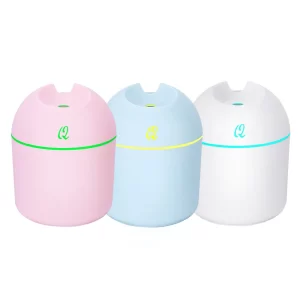Recognizing Symptoms of Humidifier-Related Illness
Introduction
Humidifiers are commonly used to add moisture to indoor air, especially during dry seasons or in regions with arid climates. While humidifiers offer various benefits, improper use or maintenance can lead to humidifier-related illness. Recognizing the symptoms of such illnesses is crucial for prompt diagnosis and addressing potential health concerns. In this comprehensive guide, we will explore different symptoms and health issues associated with humidifier use, discuss the possible causes and risk factors, and provide recommendations to prevent and treat humidifier-related illnesses. Get ready to safeguard your well-being and enjoy the benefits of a well-maintained humidifier.
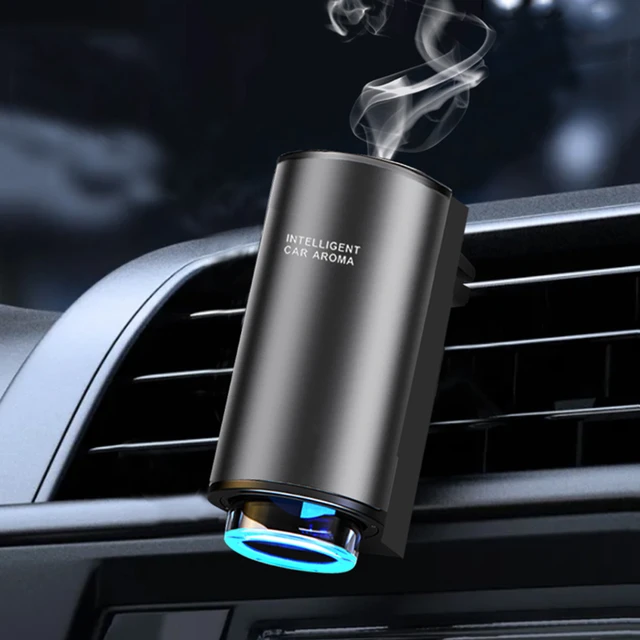
Recognizing Symptoms of Humidifier-Related Illness
I. Understanding the Importance of Humidifiers
Appreciate the role of humidifiers in maintaining ideal indoor humidity levels:
-
Air Moisture Balance:
- Humidifiers help balance indoor air moisture levels, especially during periods of low humidity, providing relief from dry air-related discomforts like dry skin, throat, and nasal passages.
-
Benefits to Respiratory Health:
- Properly humidified air can ease symptoms of respiratory conditions such as allergies, asthma, or sinusitis, reducing coughing, congestion, and irritation.
-
Improved Comfort and Well-being:
- Indoor air with optimal humidity levels promotes a more comfortable living environment, preventing symptoms like itchy eyes, chapped lips, or static electricity.
II. Symptoms of Humidifier-Related Illness
Recognize the symptoms and health issues associated with humidifier use:
-
Dryness and Irritation:
- Paradoxically, improper humidifier use can cause dryness and irritations such as dry skin, nose, or throat. Overhumidified air or lack of proper maintenance can lead to excess moisture accumulation on surfaces, causing discomfort.
-
Respiratory Issues:
- Prolonged exposure to excessively humid air or contaminated water in the humidifier can contribute to respiratory problems. Symptoms may include coughing, wheezing, shortness of breath, increased mucus production, or aggravated respiratory conditions.
-
Allergic Reactions:
- Contaminated or unclean humidifiers can release allergens, mold spores, or bacteria into the air, triggering allergic reactions like sneezing, watery eyes, nasal congestion, or skin rashes.
-
Flu-Like Symptoms:
- In rare cases, individuals may experience flu-like symptoms when exposed to a contaminated humidifier. These symptoms can include fever, chills, muscle aches, fatigue, or headaches.
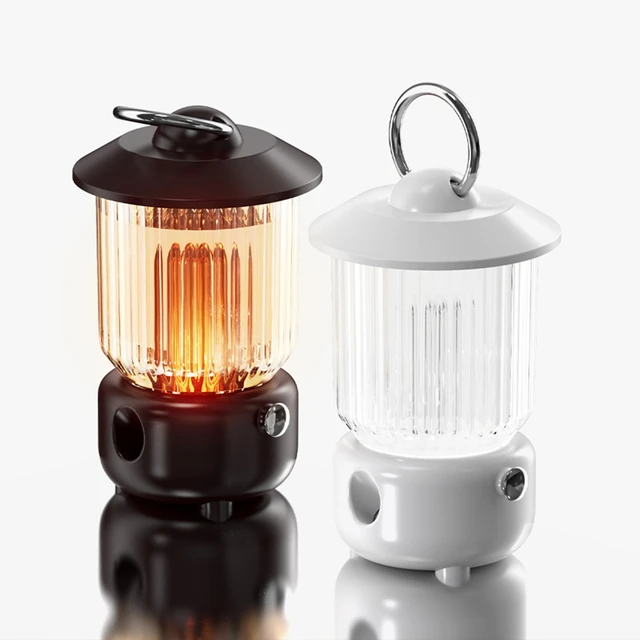
III. Possible Causes and Risk Factors
Understand the causes and risk factors associated with humidifier-related illness:
-
Improper Maintenance:
- Failure to regularly clean and disinfect humidifiers can lead to the growth of bacteria, mold, or fungi, which can then be dispersed into the air when the humidifier is in use.
-
Contamination of Water:
- Using tap water in humidifiers without appropriate filtration or purification methods can introduce impurities, minerals, or microorganisms into the indoor air, consequently affecting your health.
-
Overhumidification:
- Setting the humidifier to excessively high humidity levels can result in excess moisture in the air, potentially leading to respiratory discomforts and increased mold or bacteria growth.
-
Pre-existing Health Conditions:
- Individuals with pre-existing respiratory conditions or weakened immune systems may be more susceptible to the health risks associated with humidifier use.
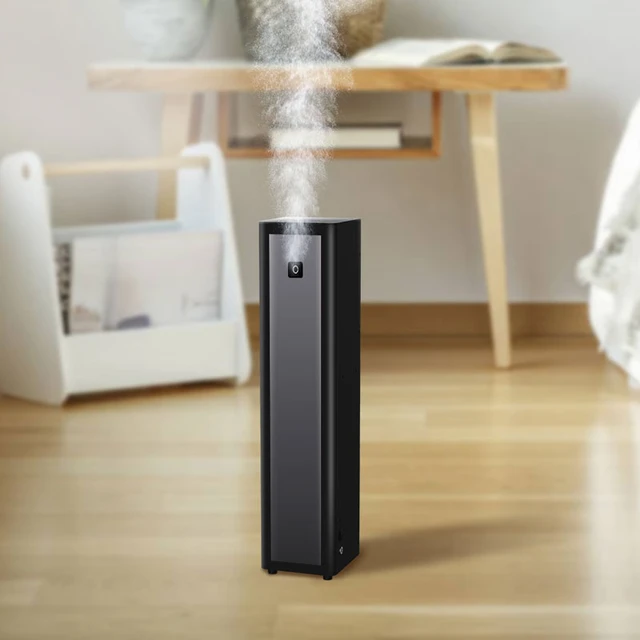
IV. Prevention and Treatment
Implement preventive measures and treatment options for humidifier-related illnesses:
-
Regular Cleaning and Maintenance:
- Clean and disinfect humidifiers as per the manufacturer’s guidelines. Empty and refill the water tank daily, use distilled water or demineralization cartridges, and replace filters regularly to prevent bacterial or mold growth.
-
Avoid Overhumidification:
- Maintain indoor humidity levels between 30-50%, as recommended by health authorities. Use a hygrometer to measure humidity levels and adjust the humidifier settings accordingly.
-
Water Source Considerations:
- Use distilled or filtered water to minimize mineral deposits and microbial contamination. Alternatively, consider using a humidifier with built-in water purification features.
-
Monitor Room Temperature:
- Keep room temperature comfortable, typically around 68-72°F (20-22°C). Higher temperatures combined with high humidity can create an ideal environment for mold and bacteria growth.
-
Stay Hydrated:
- Drink plenty of fluids to maintain your body’s hydration levels and counteract any potential dryness induced by the humidifier.
-
Seek Medical Advice:
- If you experience persistent or severe symptoms related to humidifier use, consult a healthcare professional for a proper diagnosis and guidance on treatment options.
V. Importance of Regular Inspection and Replacement
Emphasize the need for routine inspection and replacement of humidifier components:
-
Filters:
- Regularly check and replace or clean the filters according to the manufacturer’s instructions. Clogged or dirty filters can reduce the efficacy of the humidifier and contribute to health issues.
-
Water Tanks and Parts:
- Inspect the water tanks, trays, nozzles, and any other removable parts regularly for mold, mineral buildup, or damage. Disinfect and clean these components thoroughly to maintain proper functionality.
-
Humidistat:
- If your humidifier is equipped with a humidistat, ensure its accuracy by comparing humidity levels with an independent hygrometer and calibrating if necessary. This will help maintain appropriate humidity levels.
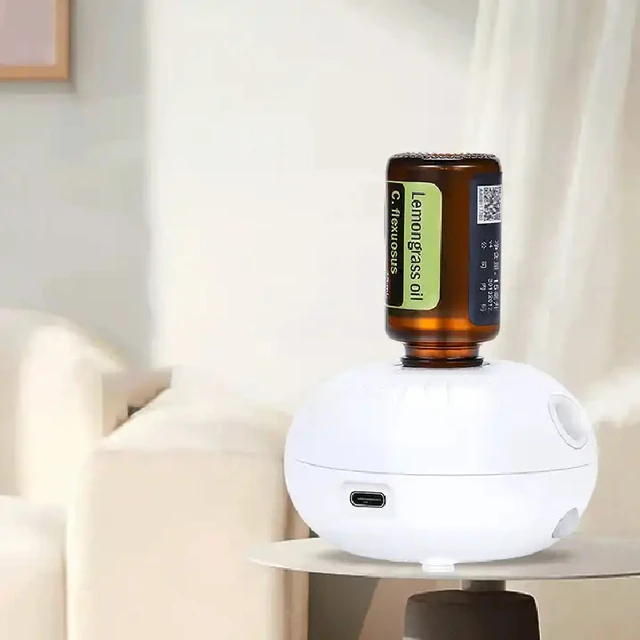
VII. Common Misconceptions about Humidifier-Related Illness
Address common misconceptions regarding humidifier use and associated illnesses:
-
Humidifier Dependency:
- Some individuals believe that prolonged use of a humidifier will make them dependent on it. However, the goal should be to maintain optimal humidity levels and not rely on the humidifier excessively. When the air naturally becomes more humid, such as during summer months, reducing or discontinuing humidifier use is advisable.
-
Universal Health Benefits:
- While properly used and maintained humidifiers offer various health benefits, they may not be suitable for everyone. Individuals with specific health conditions or allergies should consult their healthcare providers before using a humidifier to ensure its compatibility with their needs.
VIII. Seeking Professional Help
Recognize when it is necessary to seek professional expertise:
-
Persistent or Worsening Symptoms:
- If you experience persistent or worsening symptoms despite implementing preventive measures and proper maintenance, consult a healthcare professional. They can evaluate your specific situation and provide tailored advice or treatment options.
-
Mold or Bacterial Growth:
- If you notice visible mold growth inside the humidifier, strange odors, or signs of bacterial contamination, it is essential to seek professional assistance. These situations require specialized cleaning or repairs to ensure the health and safety of your living environment.
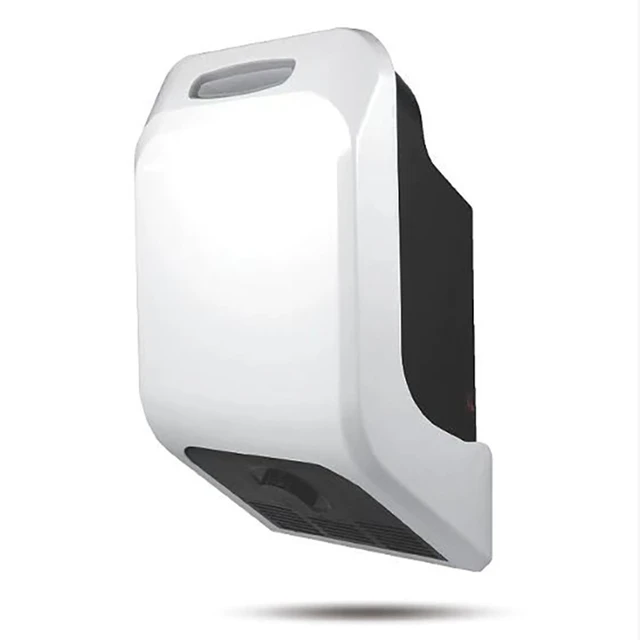
VI. Conclusion: Balancing Health and Comfort
Humidifiers play a vital role in maintaining indoor air quality, enhancing comfort, and promoting respiratory health. However, improper use or maintenance can lead to humidifier-related illnesses that manifest through symptoms such as dryness, respiratory discomfort, allergies, or flu-like symptoms.
By understanding the symptoms and risk factors associated with humidifier use, implementing preventive measures, and practicing proper maintenance, you can reap the benefits of a well-maintained and well-regulated humidifier.
Prioritize regular cleaning, use appropriate water sources, avoid overhumidification, and maintain optimal humidity levels to create a conducive and healthy indoor environment. Stay vigilant, seek medical advice if necessary, and ensure that your humidifier contributes to your overall well-being and comfort.
